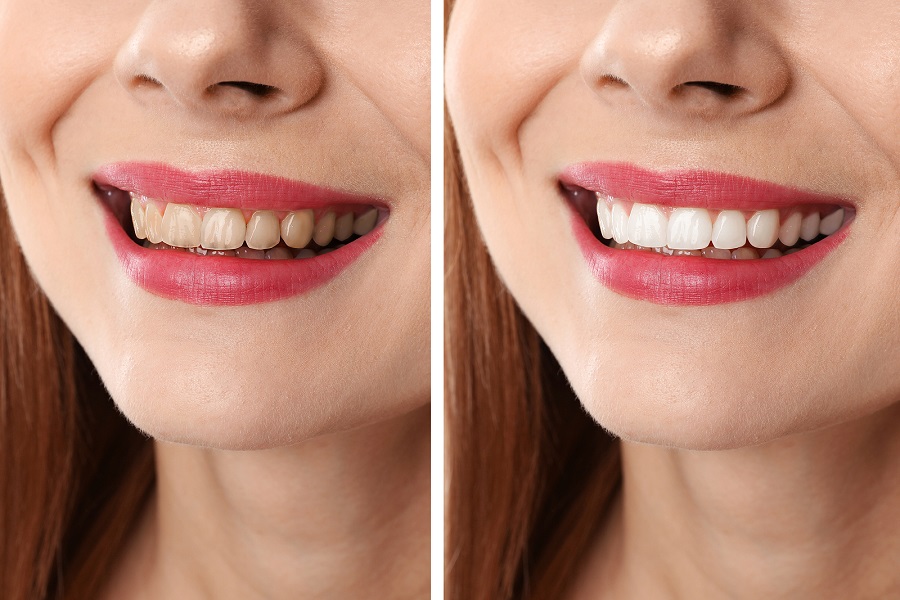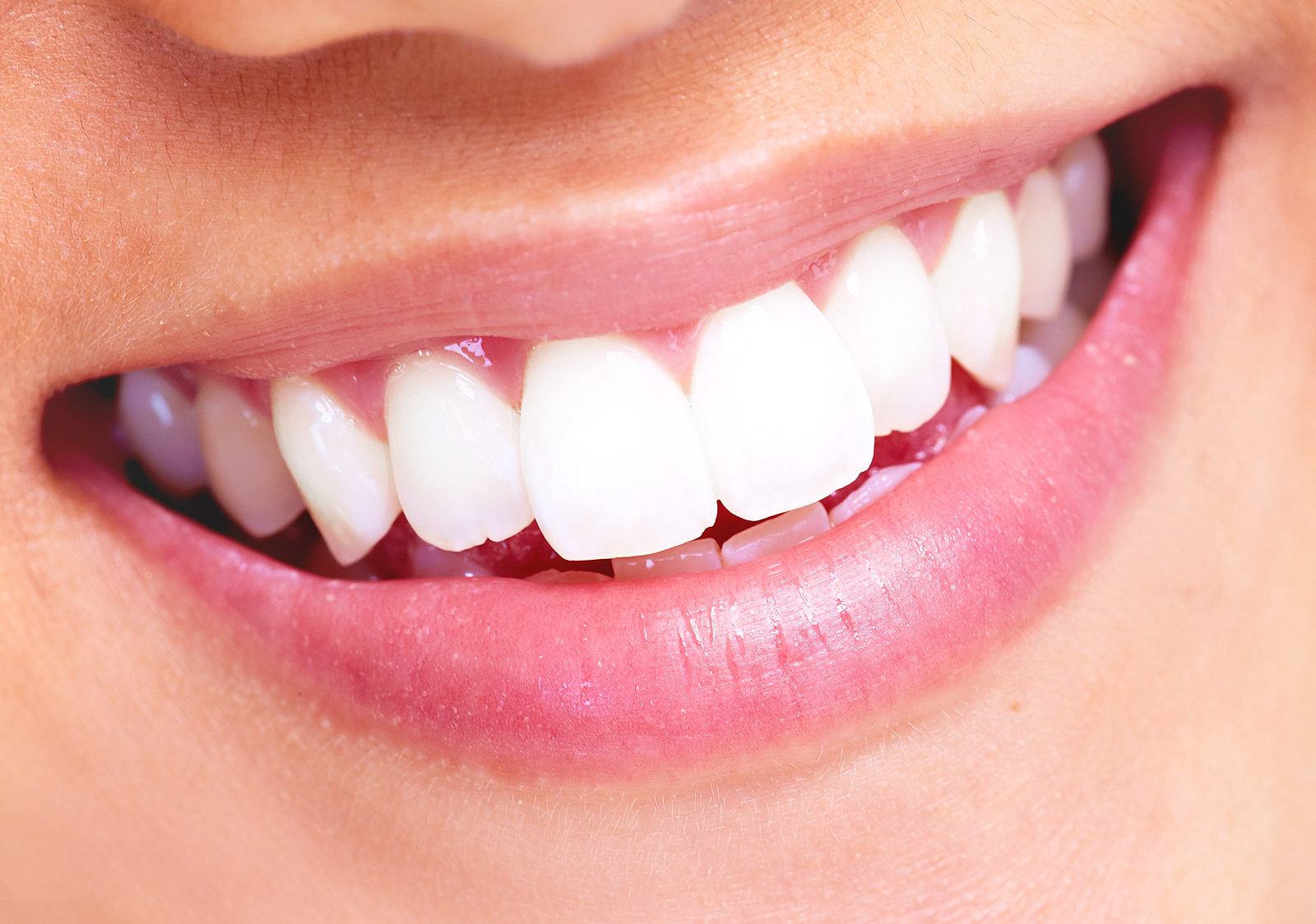ARE SUGAR FREE TREATS BAD FOR YOUR TEETH?
You’ve probably heard sugar free snacks are better for you. Sugary drinks can cause plaque, cavities and even a dry mouth. Today’s leading soft drink and candy businesses have rolled out sugar free alternatives, giving tooth-minded consumers a better option for healthier smile. Cutting down on sugar is a healthy practice. Still, today’s sugar free candy and drink might still hurt your teeth.
WHY ARE SUGAR FREE TREATS BAD FOR YOUR TEETH?
Sugar free sweet substitutes aren’t completely safe for your teeth. Understandably, it’s hard to trust the label on your favorite soda. Several findings, like this one found at the University of Melbourne in Australia, suggest that sugar free products are still dangerous. The culprit might surprise you: acid. How Acid Affects Your Teeth Many sugar free treats have high levels of acid. While a product label’s pH level can help you pick less-acidic foods, the answer is sometimes in the fine print. Citric acid, in particular, can strip away a tooth’s enamel. When this happens, a tooth’s dentin—or pulp—becomes exposed. Some snacks are more acidic than others, however. Still, many of our favorite treats—even if they don’t have sugar—pack a ton of citric acid:
- Sports drinks
- Fruit juices
- Soft drinks
It’s a small list, but it only contributes to a small part of the problem. You still have a few sugar free snack to avoid if you want to save your teeth.
ARTIFICIAL SWEETENERS
If a snack doesn’t have sugar, it might be loaded with artificial sweeteners. According to Mayo Clinic, these sweeteners aren’t tooth-friendly either! Research suggests that sugar substitutes might lower your risk of tooth decay, but they have a high amount of—you guessed it—acid. Hard, sugar-free candies are particularly dangerous. Because sugar free candy is still sticky, its acid can get stuck on your teeth. Sugar substitutes packing acidic components include:
- Xylitol
- Sorbitol
The longer these sweeteners stick to your teeth, the more damage they do. If you’re drinking a soda with artificial sweetener, you might experience dental erosion in the future. A University of Michigan study compared the tooth erosion caused by sugary sodas and diet sodas alike. They found very little difference.
WHAT ABOUT HEALTH FOODS?
In general, natural meats, fruits and vegetables are good for you. This said, fruits still have plenty of citric acid. Lemon and lime juice, in fact, are nearly as corrosive as battery acid. You’d be surprised at how much dental erosion can occur by eating a lot of fruit.
SO, WHAT’S SAFE?
Fortunately, you have some options available. If you need to satiate your sweet tooth, you can! Sugar free root beer tends to be easygoing on the mouth. After root beer, we suggest black tea and coffee. You should, of course, still brush your teeth after every meal if you have thin enamel. It’s also a good idea to drink with a straw, so as to keep the sweet drink away from your teeth. Sugar free gum is also safe—for the most part. Just make sure your chewing gum doesn’t have any artificial sweeteners in it. Chewing sugar free gum between meals also stimulates saliva production. Saliva gets rid of the mouth’s acids. It can even toughen up soft enamel. If you want advice about other sugar free snacks, your dentist can give advice. Biltmore Commons Dental Care wants to keep your smile bright, white and healthy. Once you’ve ditched the sugar, try a tooth-healthy snack instead. You won’t regret it.






















0 comments